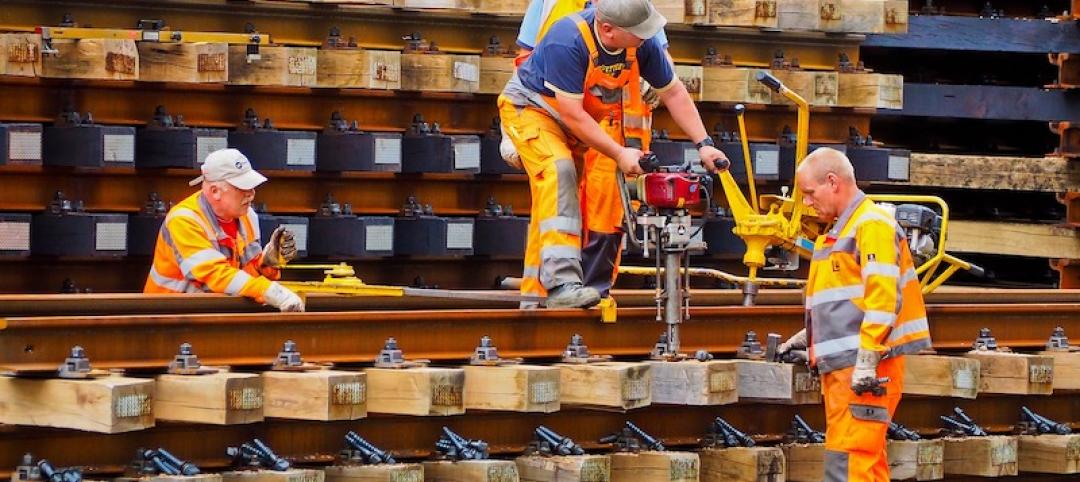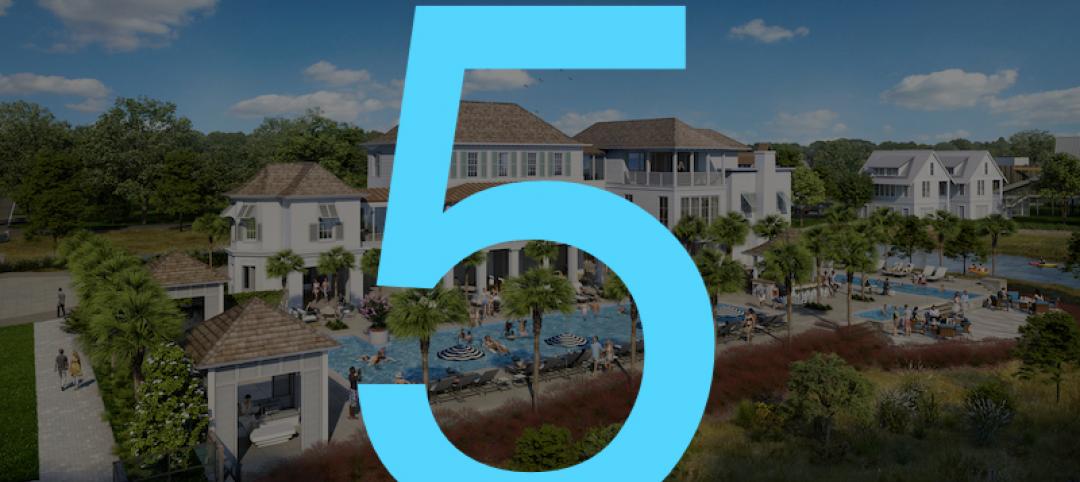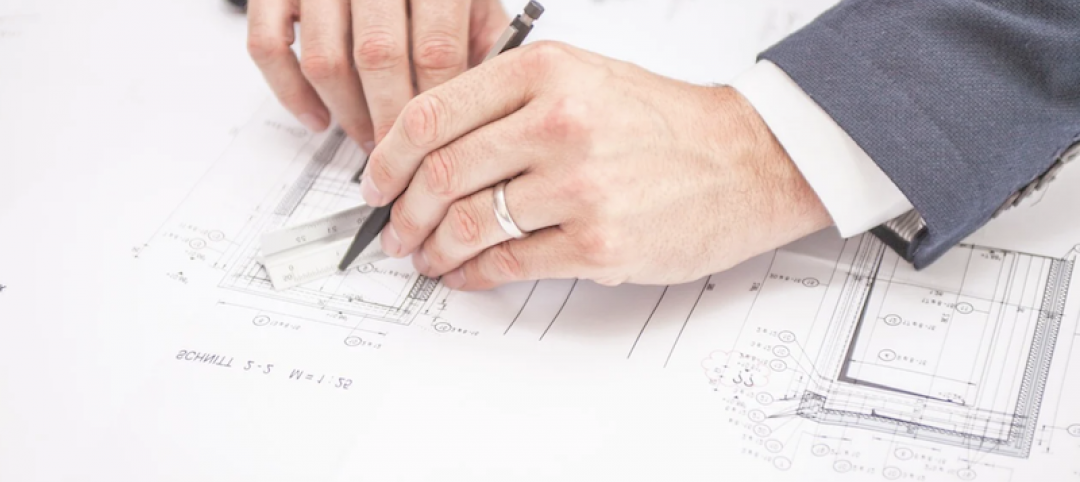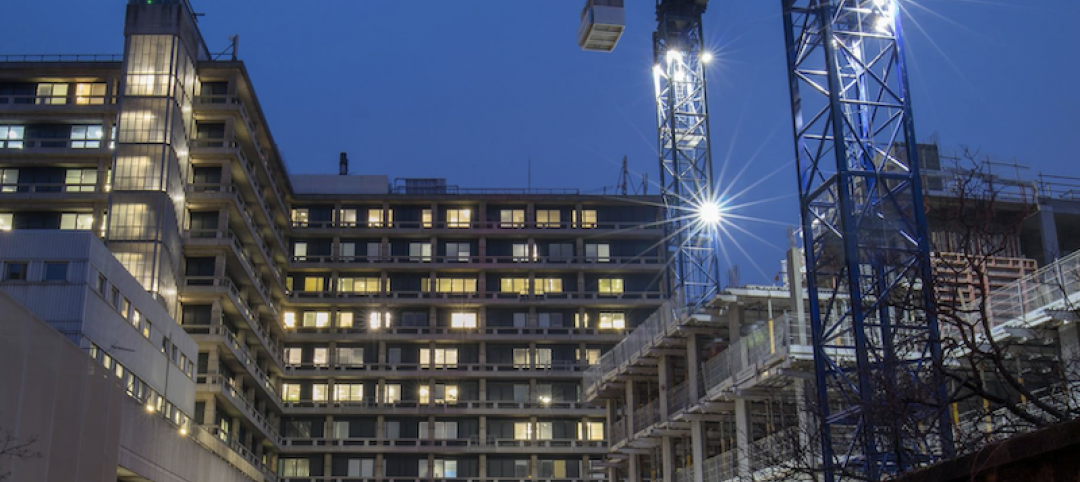The U.S. economy expanded at an annualized 3.2% rate during the first quarter of 2019, according to an Associated Builders and Contractors assessment of data released today by the U.S. Bureau of Economic Analysis. The pace of growth exceeded expectations, as many economists predicted growth would be closer to 2.5%.
Growth was fueled by myriad factors, including personal consumption expenditures, private inventory investment, surprisingly rapid growth in exports, state and local government spending and intellectual property. However, residential investment declined.
“Today’s headline number was a blockbuster,” said ABC Chief Economist Anirban Basu. “Despite a slowing global economy, growing labor shortages, soft residential construction and generally lackluster first quarter growth, the overall U.S. economy got off to a fast start in 2019. What’s more, that rapid growth continues to be associated with only moderate inflation.
“That said, nonresidential building investment declined for a third consecutive quarter during the first quarter of 2019, though the pace of decline was not as noteworthy as it was during the third and fourth quarters of last year,” said Basu. “There are many conceivable factors, including weather-induced interruptions in construction activity, concern about overbuilding in office, lodging and other commercial segments, as well as the inability of contractors to fully address demand for construction services due to a dearth of available skilled workers.
“With the year off to a strong start, there appears to be enough momentum to carry the U.S. economy through 2019,” said Basu. “Any fears of a near-term recession have likely been quashed. However, the surprising strength of the U.S. economy may result in a reassessment of policymaking by the Federal Reserve, even though recent statements made by Fed officials have suggested that there wouldn’t be a further rate increase in 2019. If the Federal Reserve decides to pivot and raise rates again later this year, that would represent a negative in terms of demand for construction services due to a corresponding increase in the cost of capital to finance projects.”
Related Stories
Market Data | Sep 3, 2020
6 must reads for the AEC industry today: September 3, 2020
New affordable housing comes to the Bronx and California releases guide for state water policy.
Market Data | Sep 2, 2020
Coronavirus has caused significant construction project delays and cancellations
Yet demand for skilled labor is high, new survey finds.
Market Data | Sep 2, 2020
5 must reads for the AEC industry today: September 2, 2020
Precast concrete tower honors United AIrlines Flight 93 victims and public and private nonresidential construction spending slumps.
Market Data | Sep 2, 2020
Public and private nonresidential construction spending slumps in July
Industry employment declines from July 2019 in two-thirds of metros.
Market Data | Aug 31, 2020
5 must reads for the AEC industry today: August 31, 2020
The world's first LEED Platinum integrated campus and reopening campus performance arts centers.
Market Data | Aug 21, 2020
5 must reads for the AEC industry today: August 21, 2020
Student housing in the COVID-19 era and wariness of elevators may stymie office reopening.
Market Data | Aug 20, 2020
6 must reads for the AEC industry today: August 20, 2020
Japan takes on the public restroom and a look at the evolution of retail.
Market Data | Aug 19, 2020
6 must reads for the AEC industry today: August 19, 2020
July architectural billings remained stalled and Florida becomes third state to adopt concrete repair code.
Market Data | Aug 18, 2020
July architectural billings remained stalled
Clients showed reluctance to sign contracts for new design projects during July.
Market Data | Aug 18, 2020
Nonresidential construction industry won’t start growing again until next year’s third quarter
But labor and materials costs are already coming down, according to latest JLL report.



















